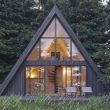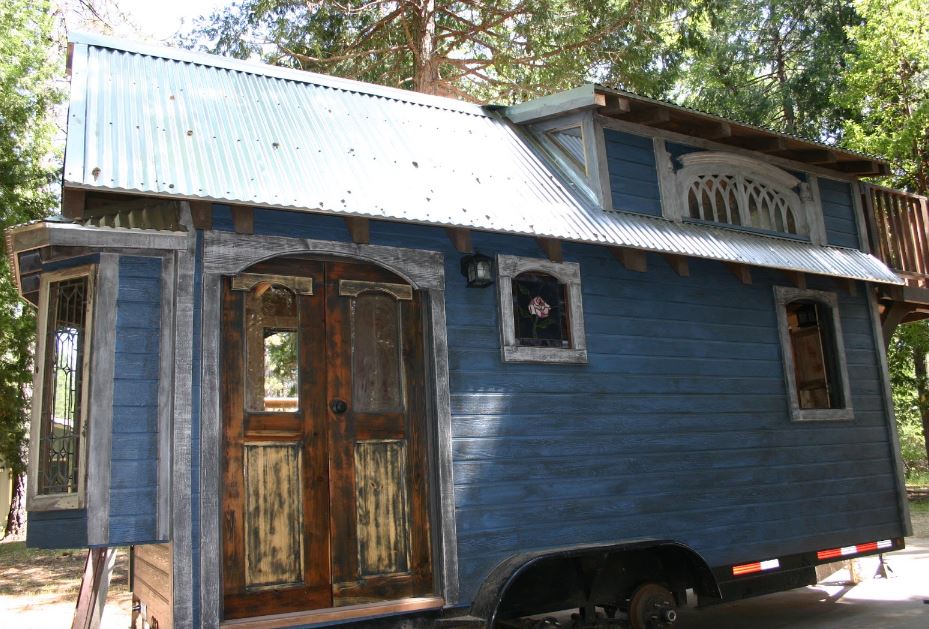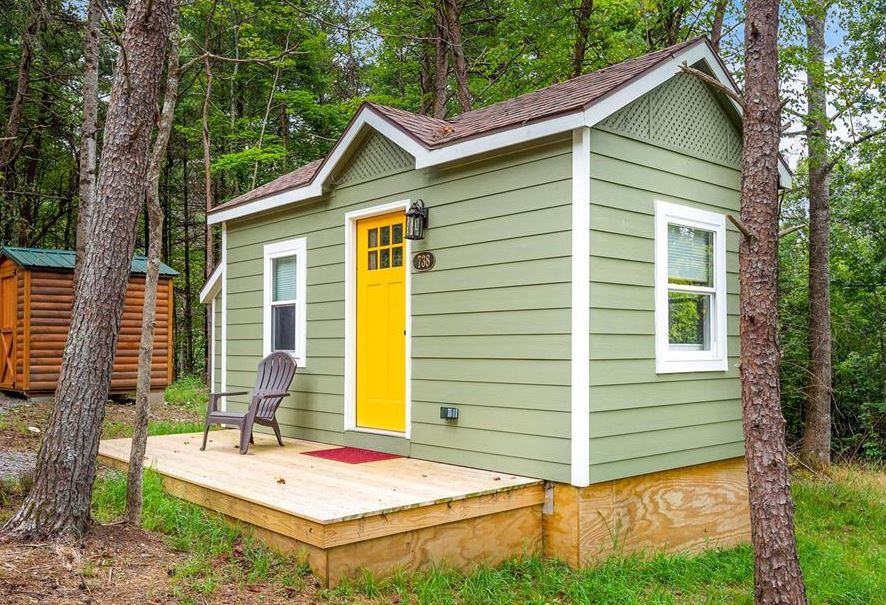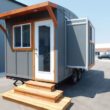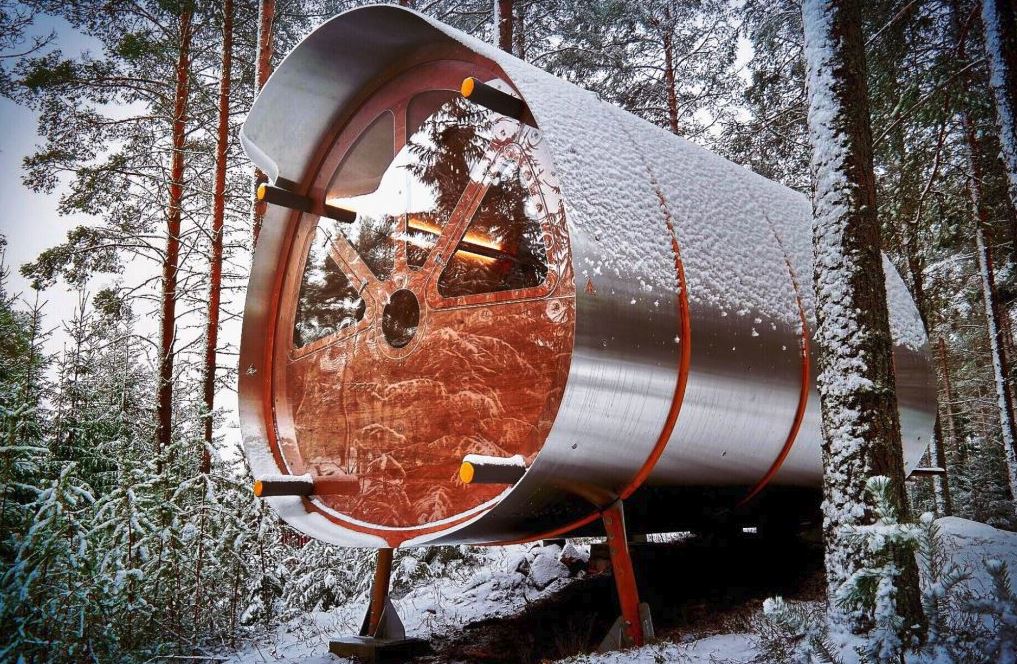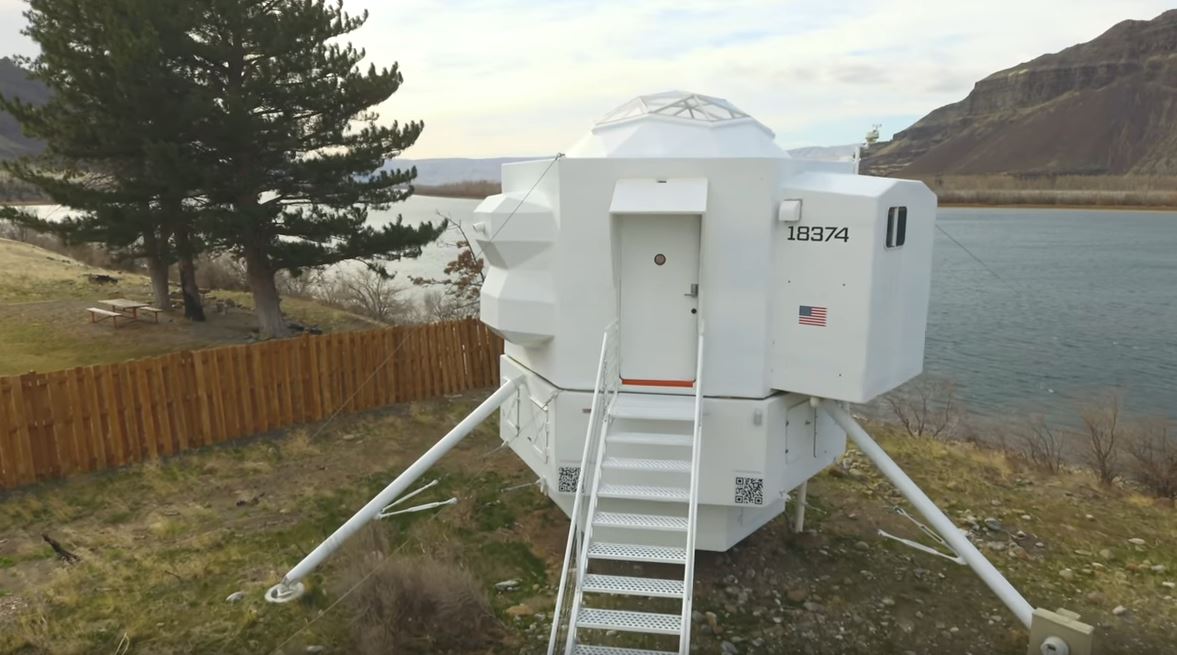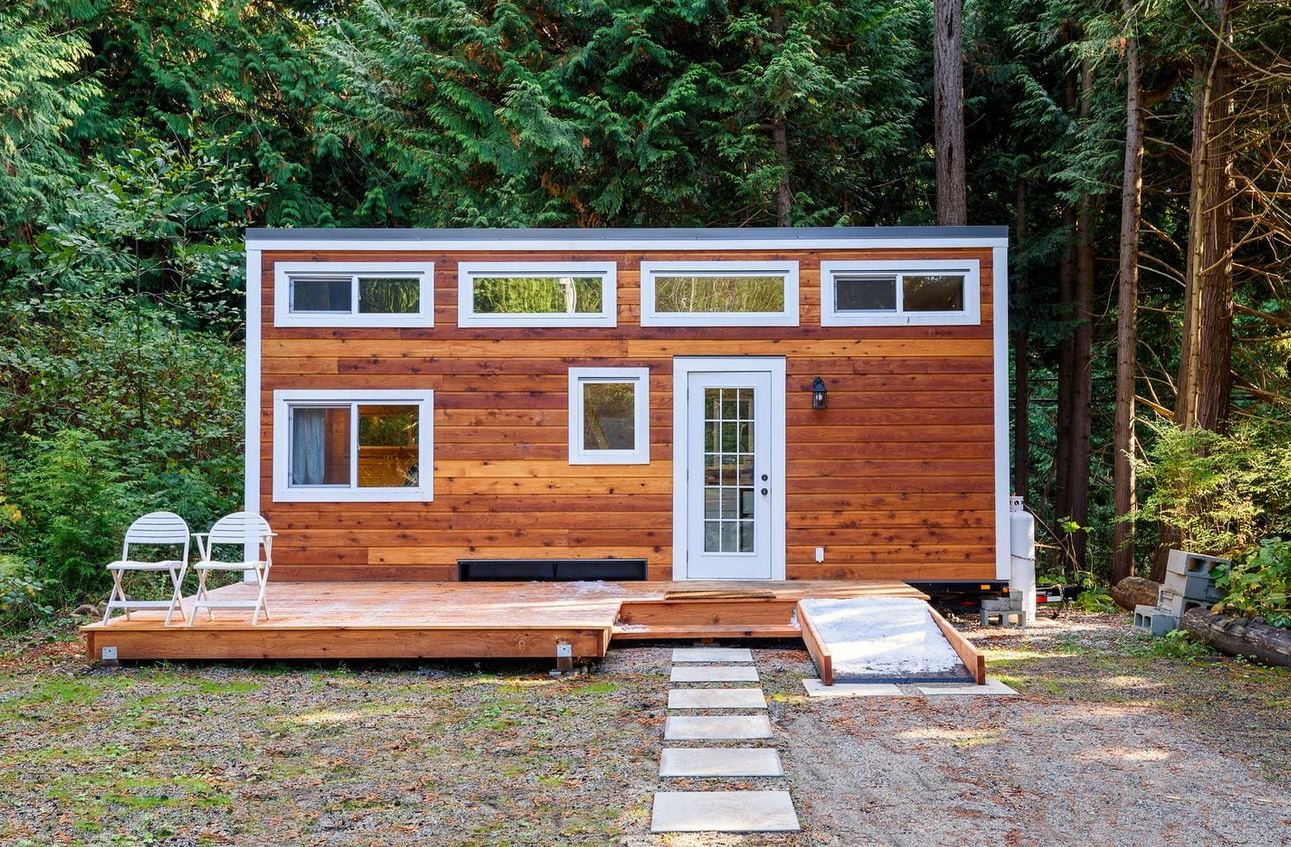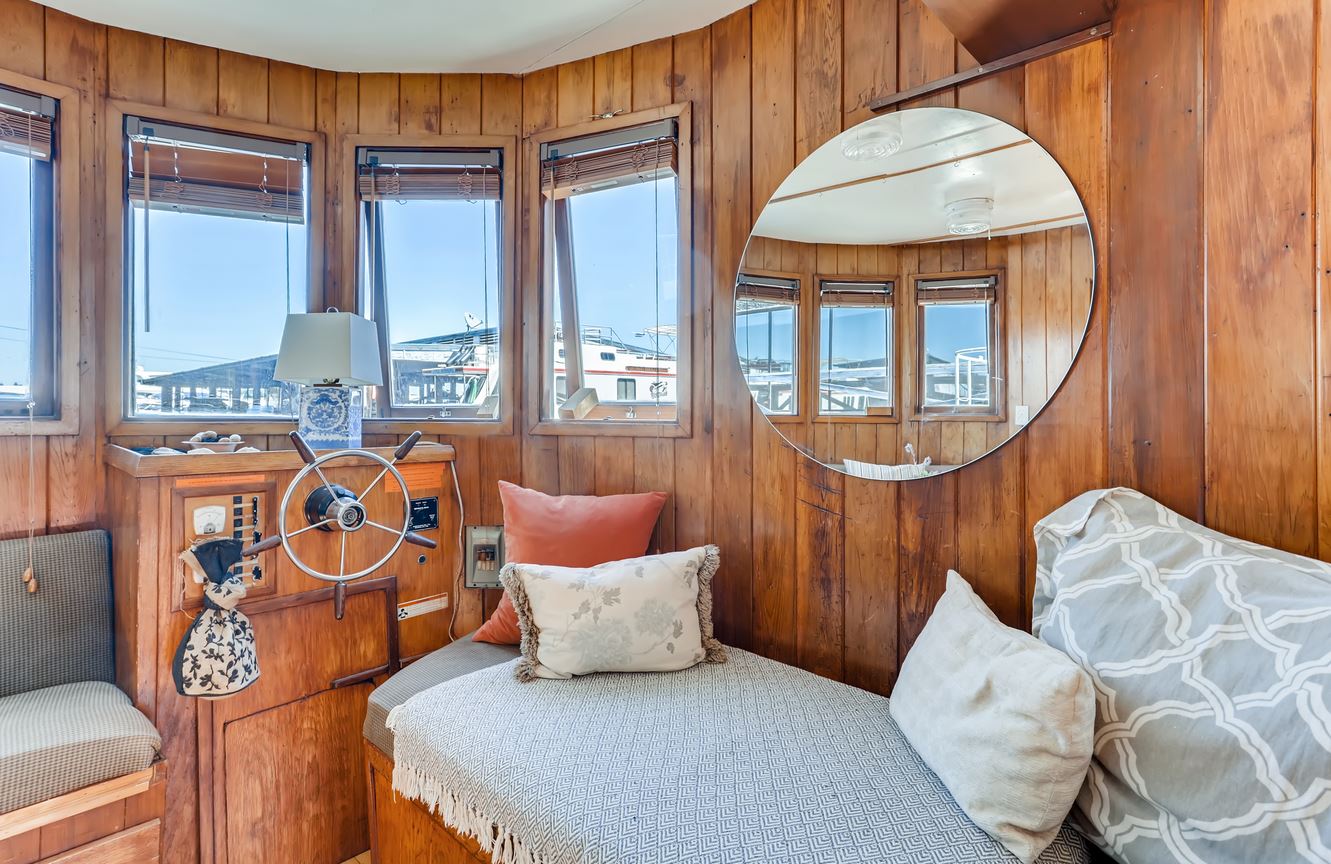The long-term viability of any major investment is always a big determining factor before purchase. A house of any kind is the literal definition of a big investment, and tiny houses are no different.
The average cost of a tiny house in the US is about $50,000, which to most people is not mere chump change. Every buyer needs to be confident that their tiny home will last years or even decades, and preferably outlive them.
But is that really the case?
How long do tiny homes last?
In summary:
- A stationary tiny home has a lifespan of about 20 years without major maintenance.
- A mobile tiny home has a lifespan of about 10 years without major maintenance.
As you may have guessed, there is no one-size-fits-all answer to this question. A lot goes into determining how long a single tiny house lasts, and it starts right in the design stage.
Factors that determine how long a tiny house lasts
1. Design: A well-designed tiny house, whether it is mobile or stationary, is a great start to a tiny house that will last very long. A good architect or designer should be able to plan for things like even load distribution, which helps to uniformly age the house in a predictable manner.
2. Construction materials: The quality and type of materials used, particularly inside the house matter a lot. While the visible outer shell might be in a decent condition, the kitchen, bathroom appliances, floor, paintwork, door handles etc. can be in miserable shape.
It is better to spend extra on durable components while building, than keep replacing them every few years.
3. Maintenance: A tiny house must be treated as a living thing. It is not something you build and forget. Maintenance works like retouching the paintwork, clearing clogged gutters, replacing rotten floor or wall pieces, cleaning up the plumbing, etc. can go a great deal in extending the lifespan of your house. It is much easier to do small but regular maintenance, than to wait for one big one.
4. Weather: The smaller size and weight of a tiny house makes it more vulnerable to harsh weather than a typical house. Storms and strong winds can do lots of damage to your roof for example, while constant rain can bring about wood damage, damage to the foundation etc. Your tiny home will last longer if you build it in a place with all-around favorable weather.
5. Type of tiny house: We know for sure that the fewer the moving parts, the longer a machine lasts. It therefore goes without saying that stationary tiny houses, especially those set on a permanent foundation, will outlive mobile tiny homes. Any time a trailer or RV hits the road, wear and tear is accelerated.
6. Usage: Most people own tiny homes as their second homes, perhaps only using them a few times a year. If this is the case, you can expect that they will outlive tiny homes that serve as the full time residencies of their owners.
Stationary tiny home lifespan
A Stationary tiny house, with regular minor maintenance can last 20 – 30 years without requiring any major works.
This will mostly be guided by the durability of the materials used. For instance, you might find yourself replacing your roof after just 20 years if you opted for asphalt shingles, or 50 years if you went with tile roofs.
Your air conditioning system should also last about 20 years if you didn’t install a cheap/knock-off brand. Properly installed and maintained water heating system should also take you to at least 20 years.
Not to say that before the 20 year mark your maintenance cost will be zero. But the real maintenance will kick in at about the 2 decade mark, as long as the house was properly designed.
There is also nothing stopping a home-0wner from giving an aging tiny house a fresh breath of life at this point, propelling it to an extra 2 or even 3 decades.
Mobile tiny home lifespan
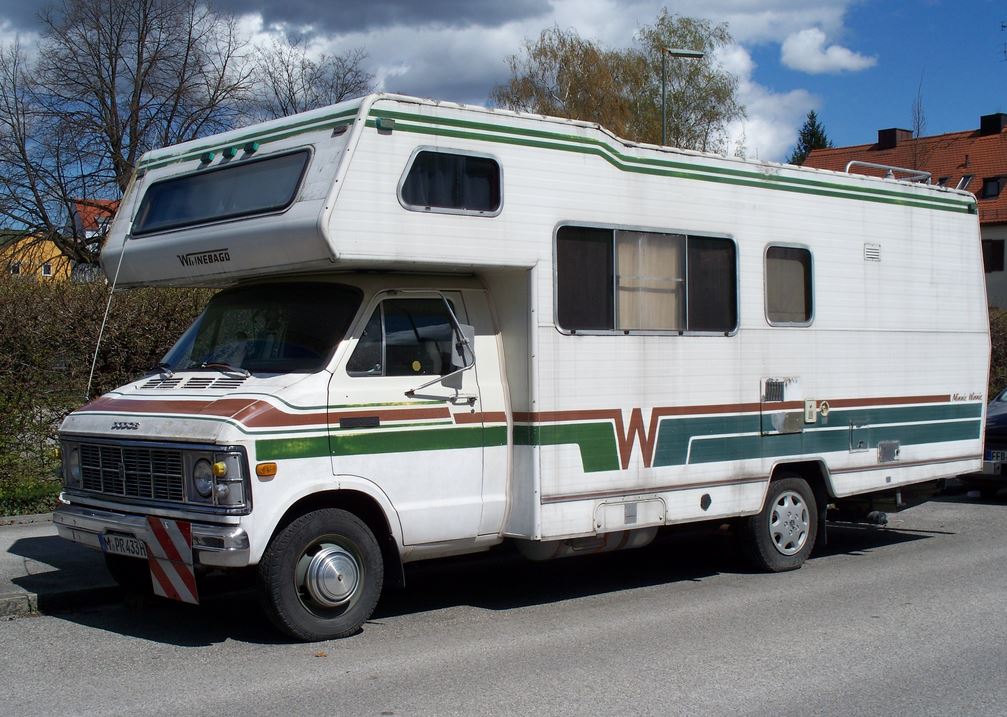
A mentioned above, a mobile tiny home, such as an RV or trailer, will have a remarkably shorter lifespan than a stationary one.
For an RV in particular, it will start showing its age close to the 10 year mark. Very few regularly used RVs remain on the road after 10 years, and even those that do, they demand an increasing frequency of repairs and maintenance.
Some owners may push their RVs towards 20 years. But anything older than that on the road is probably a vintage like the Airstream Torpedo or the 1972 Shasta Compact. This is now the realm of collectors.
Do tiny homes hold their value?
The general trend in the US is that houses appreciate in value. The vast majority of homes in America are sold for a lot more than they were bought.
It is therefore completely understandable that tiny home owners would want, and actually expect the same for their houses.
But there is a common misunderstanding among laymen. A house does not appreciate. It is the land on which it sits that appreciates.
In fact, exclusive of the land, the house itself depreciates with every use.
The fact of the matter is that most tiny houses are built on trailers or wheels. Therefore, there is nothing that appreciates in this regard.
So, if you are buying tiny houses to later sell them at a profit, this may not be the most brilliant of business moves. Unless your intention is to quickly flip the tiny house.
If built on a permanent foundation however, a tiny home will hold its value and appreciate as well as any house in its neighborhood. With growing demand for small spaces, permanent tiny homes may actually see better appreciation rates than regular homes.
Is a tiny home safe in storms
Storm consideration is a big deal in real estate, especially in states that are hit regularly. The longevity of a tiny house cannot be determined without knowing what storm protection measures have been taken.
We have previously talked of how to protect your tiny home from storms.
But in a nutshell, a tiny home should be as safe as any regular house from storms if:
- The foundation is strong enough.
- The windows and doors are durable enough. Reinforcement with plywood before a storm can reduce chances of breaking and shattering.
- Electrical appliances are weatherproofed.
- The house has proper insulation.
- And most importantly, the tiny house is insured in case all other measures fail.


